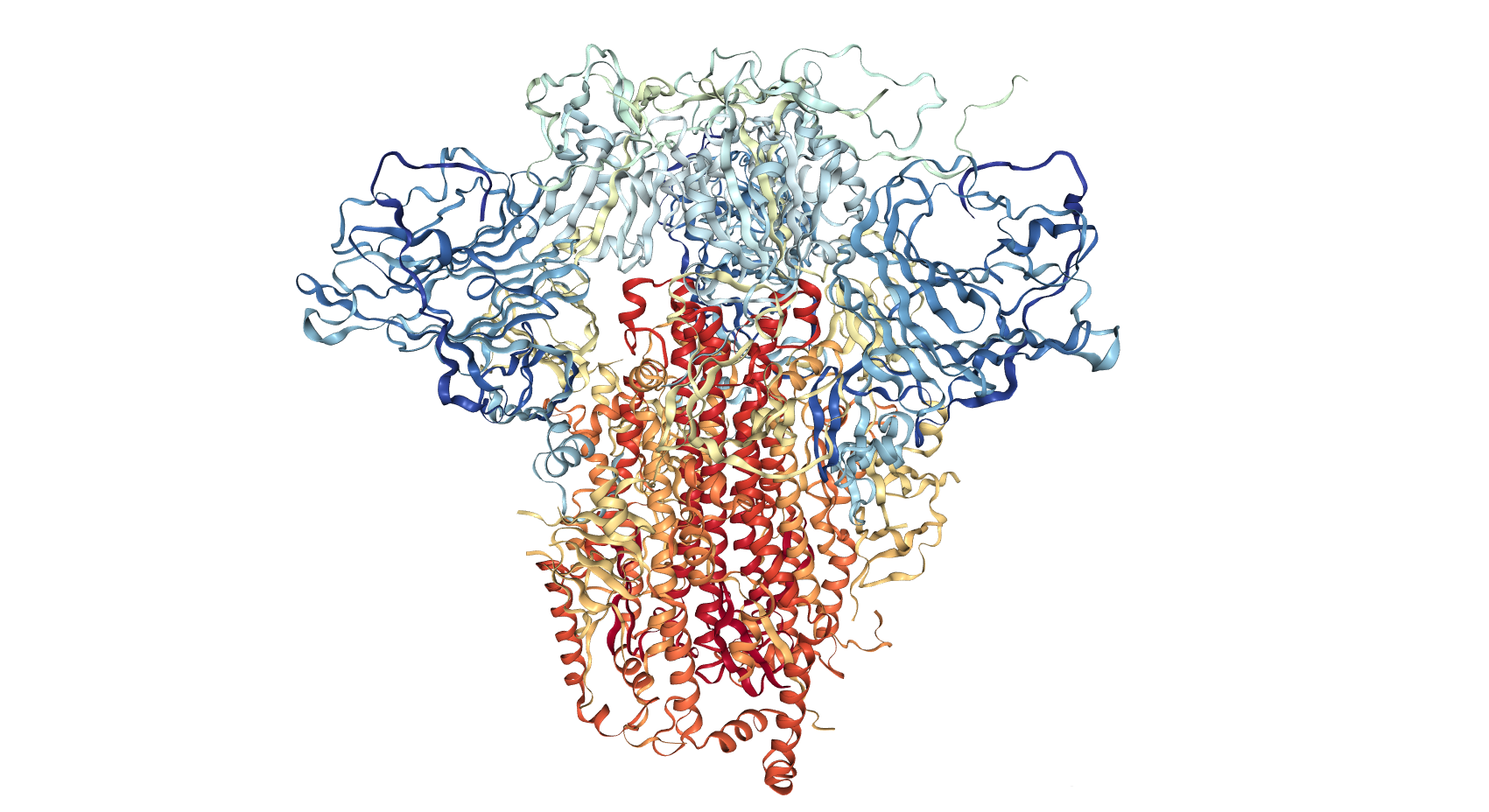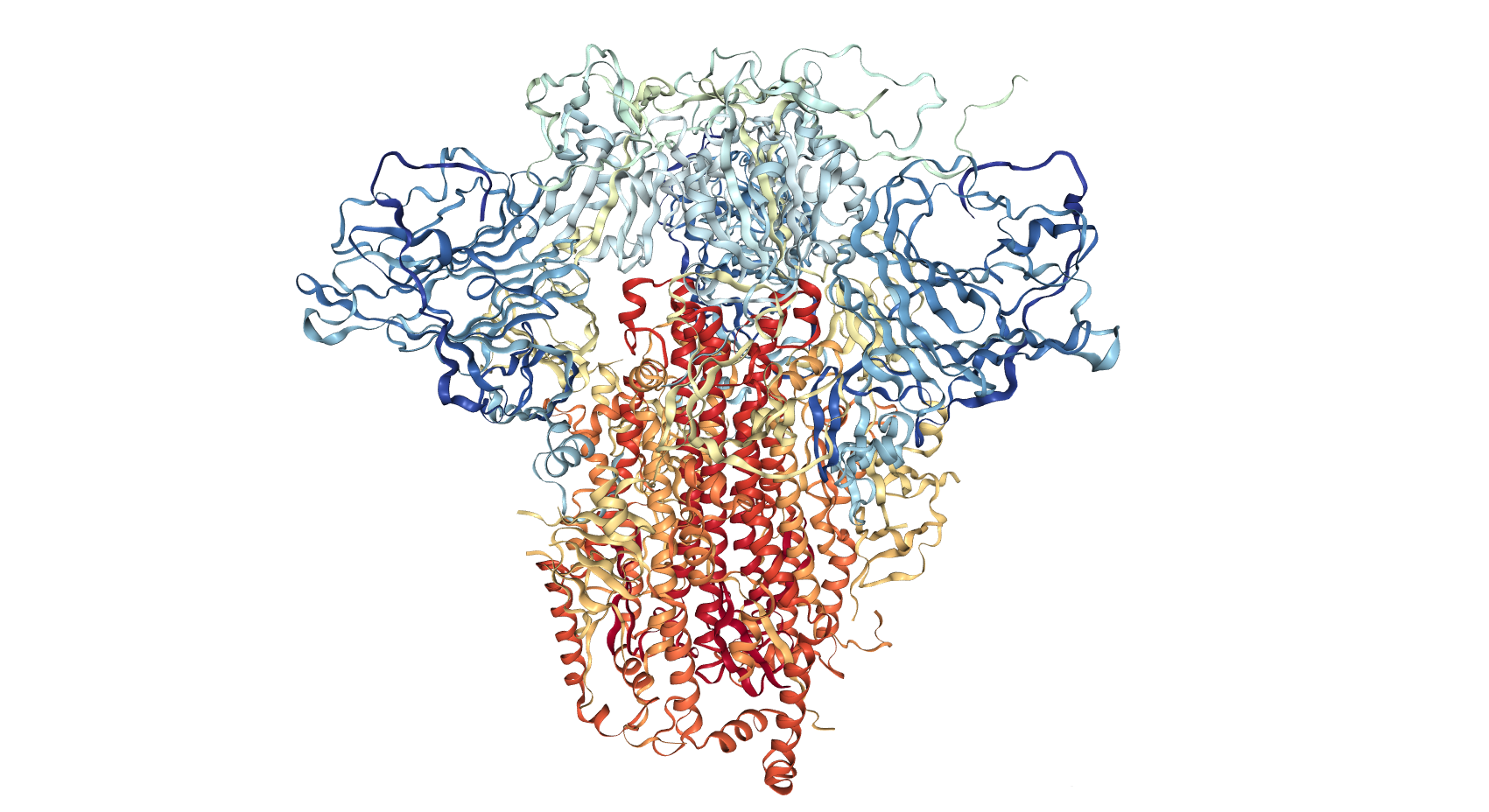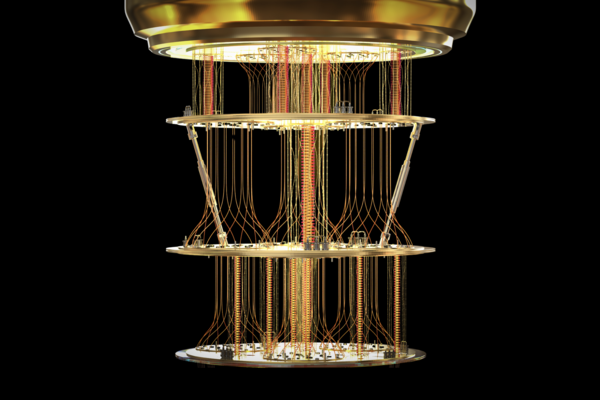Mobile Menu
- Education
- Research
-
Students
- High School Outreach
- Undergraduate & Beyond: Community of Support
- Current Students
- Faculty & Staff
- Alumni
- News & Events
- Giving
- About

Jovana Drinjakovic

U of T medical researchers have received $535,318 from the federal government to engineer antibody molecules that can neutralize coronavirus in the body. The funding boost comes after the government released another round of emergency funding for research that seeks to mitigate Covid-19.
The team is headed by James Rini, a professor of molecular genetics and biochemistry who helped determine how antibodies produced by the immune system bind to and inactivate the SARS virus, the coronavirus that caused the 2002-2004 outbreak in Asia. On the team are also Sachdev Sidhu, an investigator in the Donnelly Centre for Cellular and Biomolecular Research and expert in antibody engineering, and Alan Cochrane, an HIV virologist with expertise in viral RNA processing. Both Sidhu and Cochrane are also professors of molecular genetics.
Sidhu already leads a different team that received $886,090 from the federal government when the initial results of the rapid competition for Covid-19 projects were first announced on March 6. The goal of that project is to design antiviral medicines that block viral replication.
The latest project aims to produce antibodies that can neutralize the virus before it invades cells. Such antibodies are naturally produced by the body in response to infection, but researchers hope to reduce the duration and severity of the disease by boosting the immune system with injected antibodies.
Other teams in Canada, as well as in the UK and US, are looking to infuse Covid-19 survivors’ blood plasma containing antibodies into patients to aid their recovery. Plasma transfusion, however, is fraught with challenges, including variability in efficacy between different donors and risk of disease transmission. Synthetic antibodies on the other hand represent a defined drug in terms of molecular content, efficacy and dosing regimen.
The U of T team will engineer antibodies that block the viral S-protein, which forms spikes on the virus surface. The spikes lock on to a protein called ACE2 on the surface of human cells to gain entry. Coating viral particles with synthetic antibodies should prevent the spikes from binding to ACE2.
In another approach, the researchers will also engineer antibodies that bind ACE2 to make it inaccessible to the virus. This type of engineered immunity surpasses what is available to the natural immune system, since antibodies that react against self-proteins have been filtered out. If successful, the approach may obviate worries about viral mutations that can render drugs ineffective to new emerging viral strains, as the host protein ACE2 does not change over time.
Sidhu’s team has advanced a technology called phage display to rapidly create and select human antibodies with desired biological properties, such as blocking the virus’ spike protein. Over the last decade, they have created hundreds of antibodies with therapeutic potential, some of which are in clinical development through spin off and large pharmaceutical companies.
Crucially, the group has demonstrated success with both approaches for inhibiting viral entry, having developed neutralizing antibodies that target the Ebola virus as well as antibodies that target the human host receptor of hanta virus or hepatitis C. Moreover, other research has shown that antibodies targeting SARS, a related virus whose genetic material is over 80 per cent identical to the one causing Covid-19, can clear infection in cells and mice.
Using phage display, in which tiny bacterial viruses called phages are instructed to create vast libraries of diverse antibodies, the team will select the antibodies that can kill the virus in human cells before testing them on mice, and eventually patients. Experiments on mice could start within three to six months, Sidhu said.
In addition to creating antibodies tailored to the new virus from scratch, the researchers will also modify existing SARS-blocking antibodies so that they attack Covid-19 and provide an additional route to the development of a therapeutic.
Given the global spread of the virus, it’s possible that it will become endemic and circulate in the population like seasonal flu. And, like the flu, it could mutate into new strains that will evade acquired immunity and the vaccines that are being developed. By generating a panel of different antibodies, the researchers aim to stay one step ahead of the virus.
“Our advances in antibody engineering technologies, and access to the complete genomes of the Covid-19 virus and its relatives, provides us with an opportunity to create tailored therapeutic antibodies at a scale and speed that was not possible even a few years ago,” says Sidhu. “Ultimately, we aim to optimize methods to the point where the evolution of new drugs will keep pace with the evolution of the virus itself, providing new and effective drugs in response to new outbreaks.”


